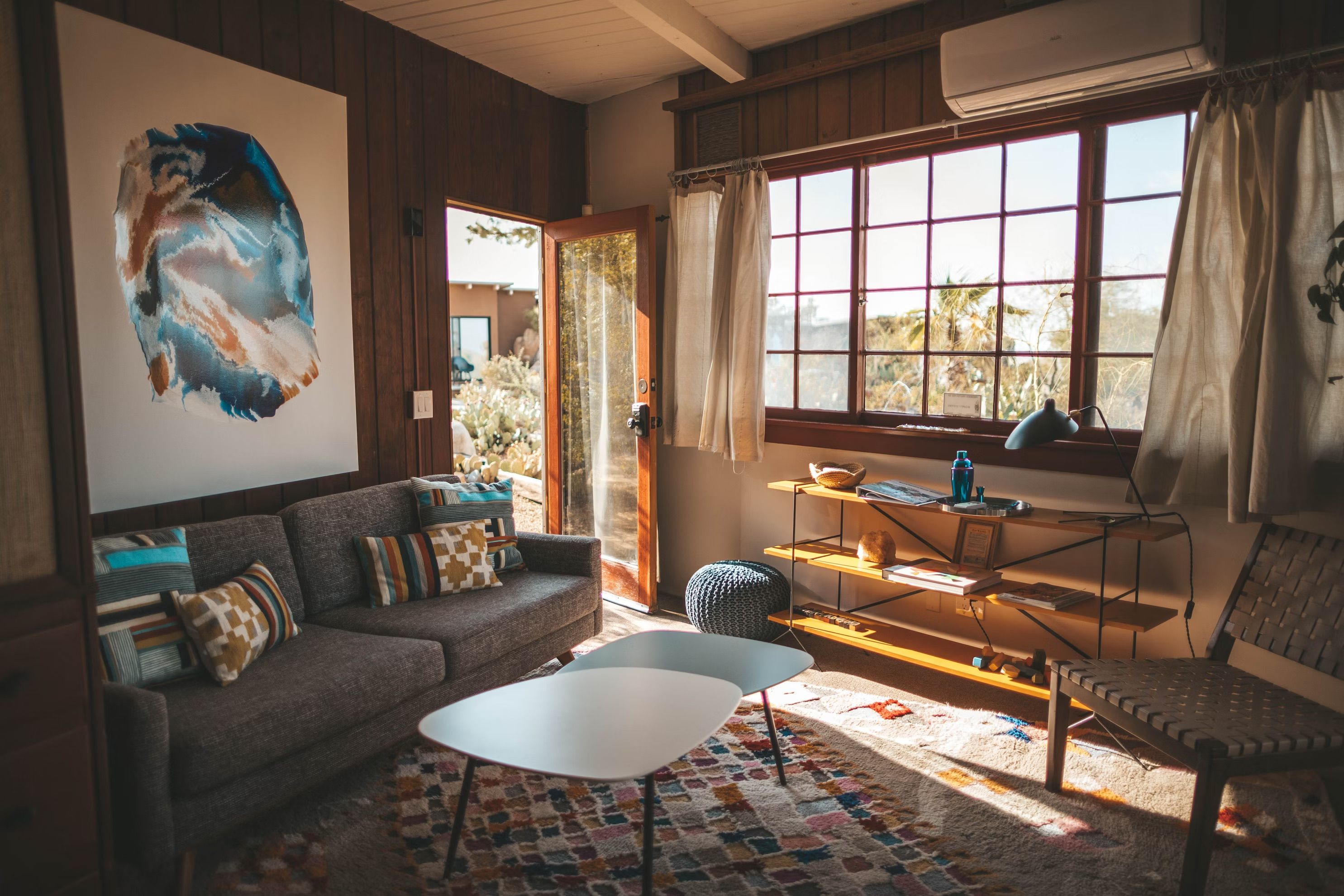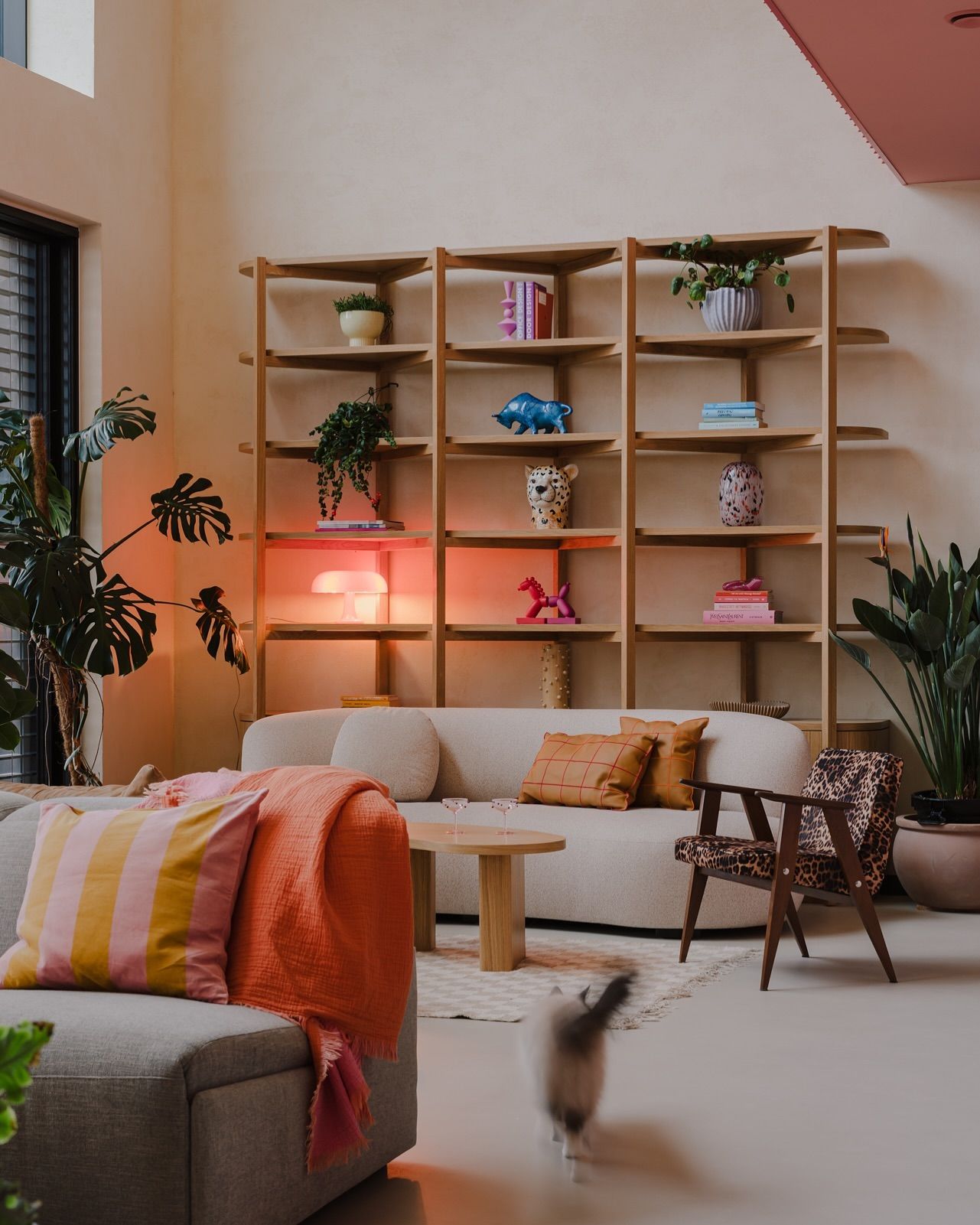Discover Evaporative Coolers
Spoken matches evaporative coolers across 100s of stores to find you the best price.



Quick facts
Can't find the answer you're looking for? Please get in touch with our friendly team.
When should you not use evaporative cooling?
Avoid using evaporative cooling in high humidity areas, as it can make indoor conditions uncomfortable. It's also not suitable for spaces with poor ventilation, where moisture can accumulate, potentially leading to mold growth and damaging furniture or decor.
Is an evaporative cooler better than an air conditioner?
An evaporative cooler is generally more energy-efficient and cost-effective in dry climates, providing fresh air and humidity. However, air conditioners are better for humid environments, offering consistent cooling. The best choice depends on your local climate and personal preferences.
What is the disadvantage of evaporative air cooler?
A disadvantage of evaporative air coolers is their effectiveness in low humidity conditions. They can increase indoor humidity, which may lead to discomfort and mold growth. Additionally, they require regular water refills and maintenance, making them less convenient than traditional air conditioning units.
Is evaporative cooling very effective?
Evaporative cooling can be effective in dry climates, as it cools air by adding moisture. However, its effectiveness decreases in humid areas. For home decor, consider placing plants or water features to enhance the cooling effect and improve indoor air quality.
How effective are evaporative coolers?
Evaporative coolers are effective in dry, hot climates as they cool air through water evaporation. They can lower temperatures significantly, providing a cost-effective cooling solution. However, their efficiency decreases in humid conditions, making them less suitable for areas with high humidity.
Do evaporative coolers really work?
Yes, evaporative coolers can be effective in dry climates. They cool air by passing it over water-saturated pads, adding moisture and lowering temperature. However, their efficiency decreases in humid areas, making them less suitable for places with high humidity.
What are the disadvantages of evaporative cooling?
Evaporative cooling can be less effective in high humidity, as it relies on dry air to cool. It also requires regular maintenance to prevent mold and mineral buildup. Additionally, it may not cool spaces as efficiently as traditional air conditioning in extreme heat.
Category Overview
Introduction
Evaporative coolers, often known as swamp coolers, are an essential addition to any home seeking relief from sweltering heat. Their significance lies in their ability to provide a comfortable indoor environment while being energy-efficient and eco-friendly. By harnessing the natural process of evaporation, these coolers enhance your everyday life by transforming hot spaces into refreshing retreats, enabling you to relax with family or entertain guests without the discomfort of heat.
Functionality
The primary function of evaporative coolers is to lower ambient temperatures through the evaporation of water. This innovative technology utilizes a fan that pulls warm air through wet pads, creating a refreshing breeze that can be felt throughout various rooms—be it your living room during a summer gathering or your outdoor patio for evening barbeques. Many models also come equipped with adjustable settings for airflow speed and direction, allowing you to customize your cooling experience based on your specific needs and preferences.
Design & Style
Evaporative coolers come in diverse styles and materials that can seamlessly blend with your home decor. Common materials include durable plastics, metal finishes, and sleek wood designs—each offering its unique visual appeal. You can find models that fit various aesthetics from modern minimalism to cozy farmhouse charm. Personalization options abound; consider selecting a cooler that matches the tone of your existing decor while providing functional designs such as portable units perfect for small outdoor spaces or more robust stationary units suited for larger interiors.
Practical Considerations
Choosing the right evaporative cooler involves several key considerations: assess the size of the room where it will be used—larger areas may require higher capacity models. Material durability is crucial; opt for weather-resistant designs if placed outdoors regularly. Pay attention to usage needs: if you're looking for something primarily decorative yet effective, select aesthetically pleasing models that still deliver performance without compromising style. Avoid common mistakes like underestimating required cooling capacity or overlooking maintenance needs; regular cleaning ensures optimal functionality.
Comparison and Alternatives
When selecting an evaporative cooler, consider comparing common materials such as plastic versus metal for longevity and maintenance ease—as well as design shapes like tower or rectangular which influence airflow dynamics in different spaces. The decision should align with your room size; a compact unit may suit smaller apartments while spacious homes could benefit from larger systems capable of covering more area efficiently.
Trends and Popular Items
Current trends in evaporative coolers showcase sleek designs integrated with smart technology capabilities—offering remote controls or smartphone connectivity for convenient temperature management from anywhere in your home. Popular items often feature energy-efficient ratings highlighting both performance and sustainability—a key consideration among modern consumers eager to reduce environmental impact without sacrificing comfort. Evaporative coolers represent not just practical solutions but stylish enhancements tailored to fit into various home environments effortlessly—creating ideal atmospheres where relaxation reigns supreme amidst summer’s heat.